The policy will focus on attracting high-quality human resources, especially human resources for grassroots health care (doctors working at health stations), preventive medicine and digital transformation.
Continue to strengthen the role of primary health care
Resolution No. 72-NQ/TW dated September 9, 2025 of the Politburo on a number of breakthrough solutions to strengthen the protection, care and improvement of people's health with core strategies is expected to continue to strengthen the role of grassroots health care (YTCS), reduce the burden on upper levels, and improve the quality of people's health care.
In the period of 2021 - 2025, Dong Nai province has 30 newly built medical stations and 43 repaired and upgraded medical stations, including investment in accompanying medical equipment packages. Currently, there are 55 medical stations implementing new construction projects and 28 medical stations undergoing renovation and upgrading. In order to improve the professional capacity of the grassroots medical staff, the health sector implements a two-way rotation system between the regional medical center and the commune medical station for doctors and nurses.
Dong Nai province sets a target that by the end of 2025, 77.4% of health stations and health station points in the whole province will be recognized as meeting the national criteria on commune health according to the decision of the Ministry of Health; 90.5% of health stations will be eligible for health insurance examination and treatment; 81.5% of the population will be managed by electronic health records; 80% of commune and ward health stations will be able to perform at least 80% of the list of technical services at the commune level.
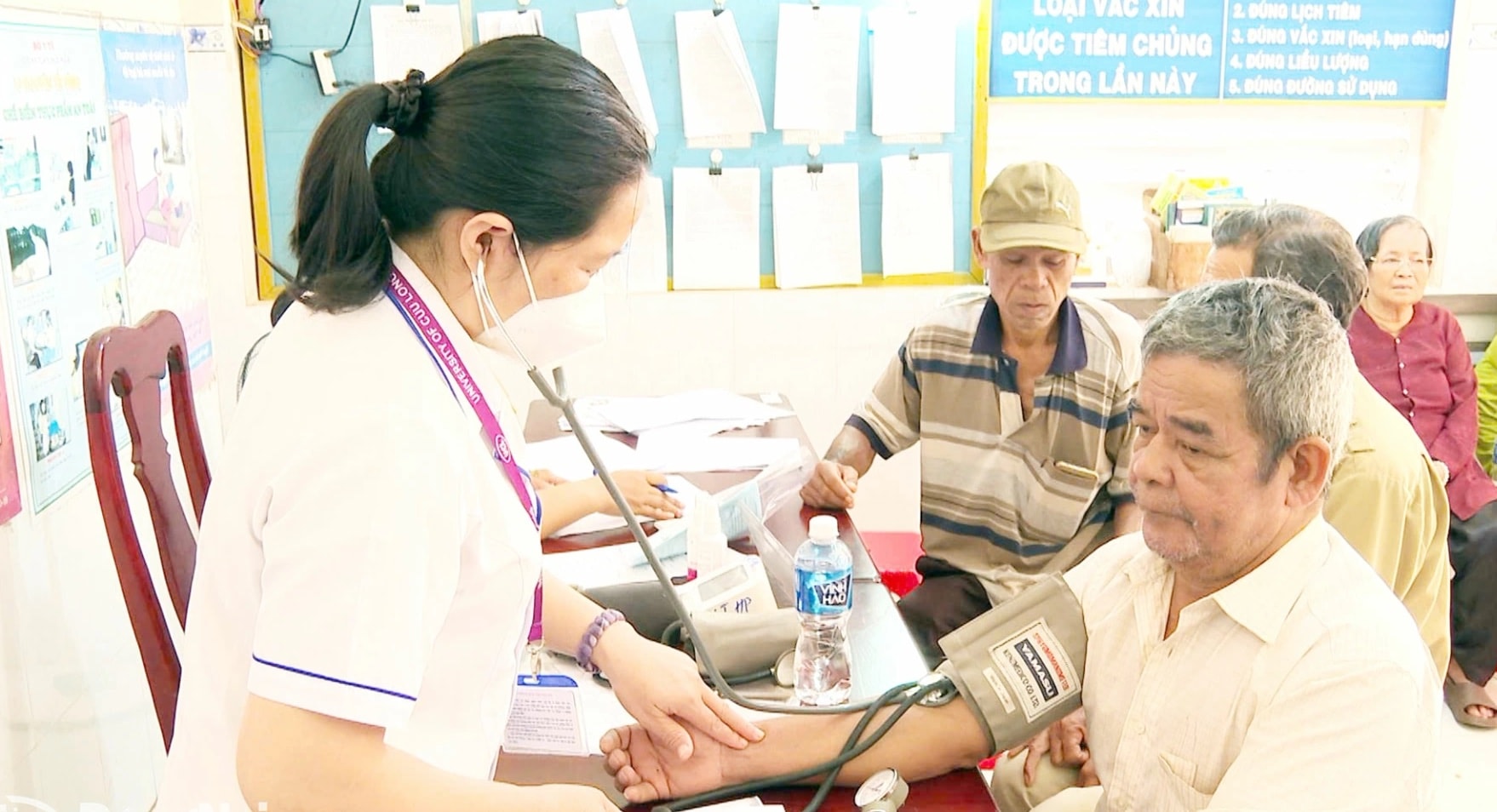
After nearly 4 months of operating under the 2-level local government model, commune and ward health stations in the area have maintained good professional work. Some health stations have had positive and clear changes, meeting the initial medical examination and treatment needs of the people.
Thanks to the sufficient staff and human resources of doctors, and the organization of full medical examinations according to specialties, people increasingly trust in the Song Ray Commune Health Station for medical examination and treatment; in cases where the patient exceeds the treatment capacity, the commune health station transfers the patient to the Cam My Regional Health Center or Long Khanh Regional General Hospital. "Thanks to being equipped with an ambulance, the transportation of patients in emergency and critical cases is always timely, ensuring the life and health of the patient," said Deputy Head of the Song Ray Commune Health Station, Luong Thi Lan Anh.
The initial advantages of commune health stations when operating under the 2-level local government model have helped medical staff, doctors, and medical staff feel more excited and secure in their work; and people feel secure in coming for medical examination, treatment, and primary health care. However, in order for the grassroots health system to maximize its role, there are still many limitations that need to be overcome, especially in terms of human resources and facilities.
Removing difficulties in medical human resources at commune level
Resolution No. 72-NQ/TW, dated September 9, 2025 of the Politburo on a number of breakthrough solutions to strengthen the protection, care and improvement of people's health is putting the health sector at a turning point, strongly shifting from the mindset of "treating diseases" to "preventing diseases".
To realize Resolution 72, Dong Nai's health sector has determined that it must shift from a passive to a proactive stance in protecting and taking care of people's health. Accordingly, it is necessary to shift from "examination and treatment when diseases occur" to "strengthening forecasting and preventing risk factors" before diseases appear; shift from "medical examination and treatment facilities as places of health care" to "developing preventive medicine and grassroots health care as the main and foundation" for screening and primary health care; shift from "focusing on managing and treating cases" to "comprehensive, continuous, and life-cycle health management"; shift from "health care staff taking primary responsibility" to "people taking responsibility for their own health", proactively changing behaviors and healthy lifestyles; Shift from "prioritizing funding for treatment, medicine, and equipment" to "strengthening and prioritizing investment in vaccination programs, risk factor screening" and programs to improve health, physical education, sports, and environmental protection.
In particular, to overcome difficulties in human resources for health care at the commune level, the Department of Health is advising the Provincial People's Committee to submit to the Provincial People's Council a Resolution regulating the regime for attracting, supporting and training the development of human resources for health care in Dong Nai province for the period 2026 - 2030. As expected, this Resolution will have special preferential policies to retain the team, thoroughly solving the shortage of human resources. The policy will focus on attracting high-quality human resources, especially human resources for the grassroots health care level (doctors on the payroll at health stations), preventive medicine and digital transformation.
Along with that, Dong Nai is implementing solutions on rotation and specialized training. Implementing rotation of doctors from hospitals and medical centers to commune and ward health stations to work 1-2 days/week. At the same time, assigning doctors from health stations to work and be on duty at higher levels to improve professional capacity. The goal is to improve the professional capacity of the local health system, ensuring that people in remote and isolated areas also have access to quality medical services.
Source: https://daibieunhandan.vn/dong-nai-se-thu-hut-nhan-luc-chat-luong-cao-cho-y-te-co-so-10392980.html




![[Photo] General Secretary To Lam received the delegation attending the international conference on Vietnam studies](https://vphoto.vietnam.vn/thumb/1200x675/vietnam/resource/IMAGE/2025/10/26/1761456527874_a1-bnd-5260-7947-jpg.webp)
![[Photo] Prime Minister Pham Minh Chinh and United Nations Secretary-General Antonio Guterres attend the Press Conference of the Hanoi Convention Signing Ceremony](https://vphoto.vietnam.vn/thumb/1200x675/vietnam/resource/IMAGE/2025/10/25/1761391413866_conguoctt-jpg.webp)
![[Photo] Prime Minister Pham Minh Chinh attends the opening of the 47th ASEAN Summit](https://vphoto.vietnam.vn/thumb/1200x675/vietnam/resource/IMAGE/2025/10/26/1761452925332_c2a-jpg.webp)

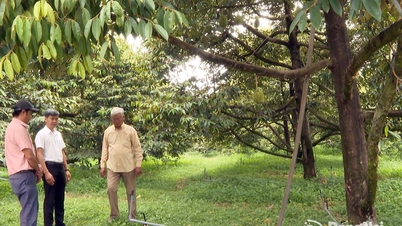

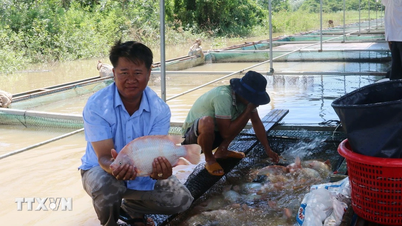









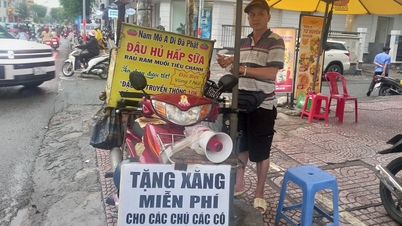
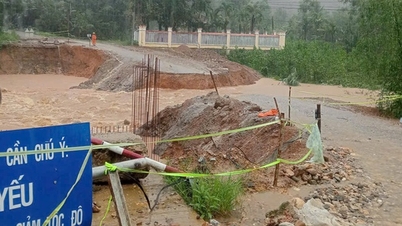


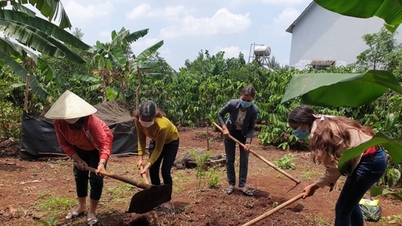






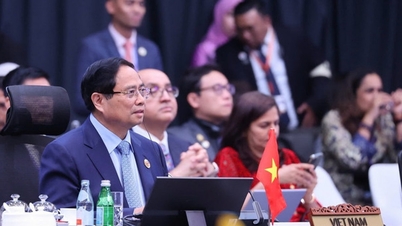
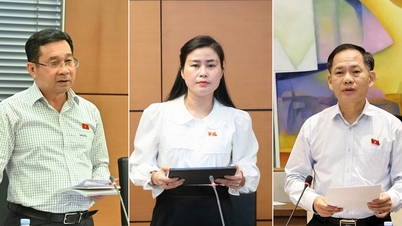
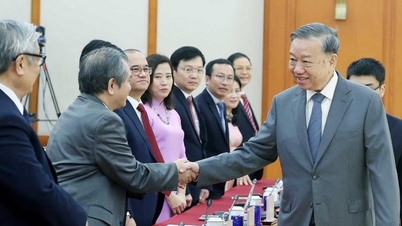
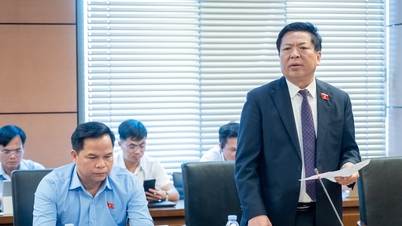

![[Photo] National Assembly Chairman Tran Thanh Man receives United Nations Secretary-General Antonio Guterres](https://vphoto.vietnam.vn/thumb/1200x675/vietnam/resource/IMAGE/2025/10/25/1761390815792_ctqh-jpg.webp)

































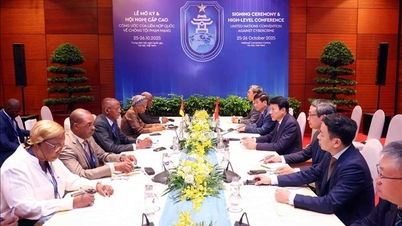







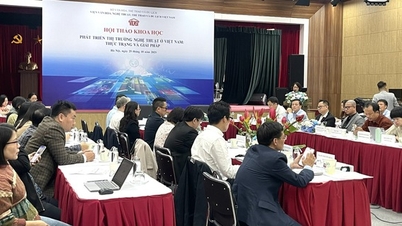




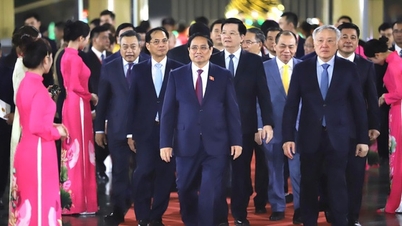
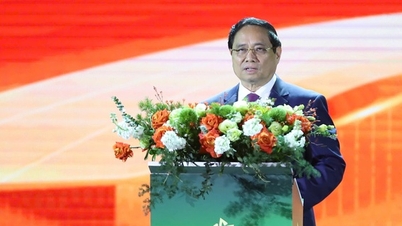
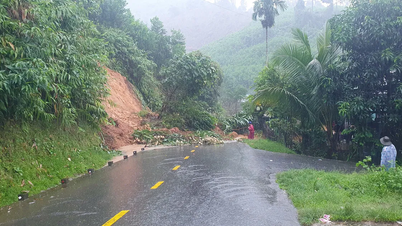


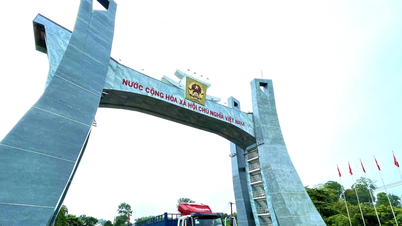
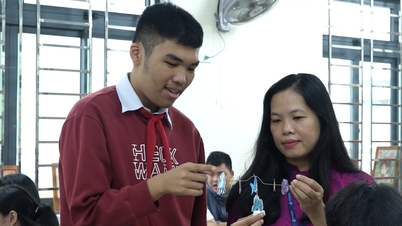

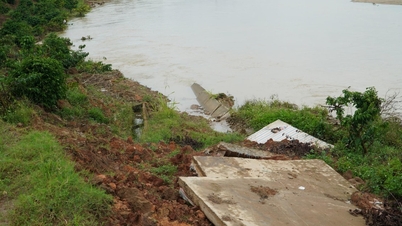

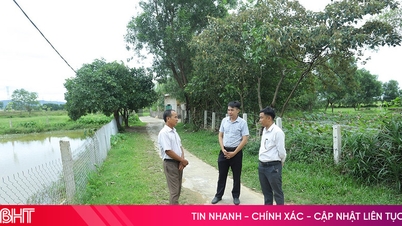















Comment (0)